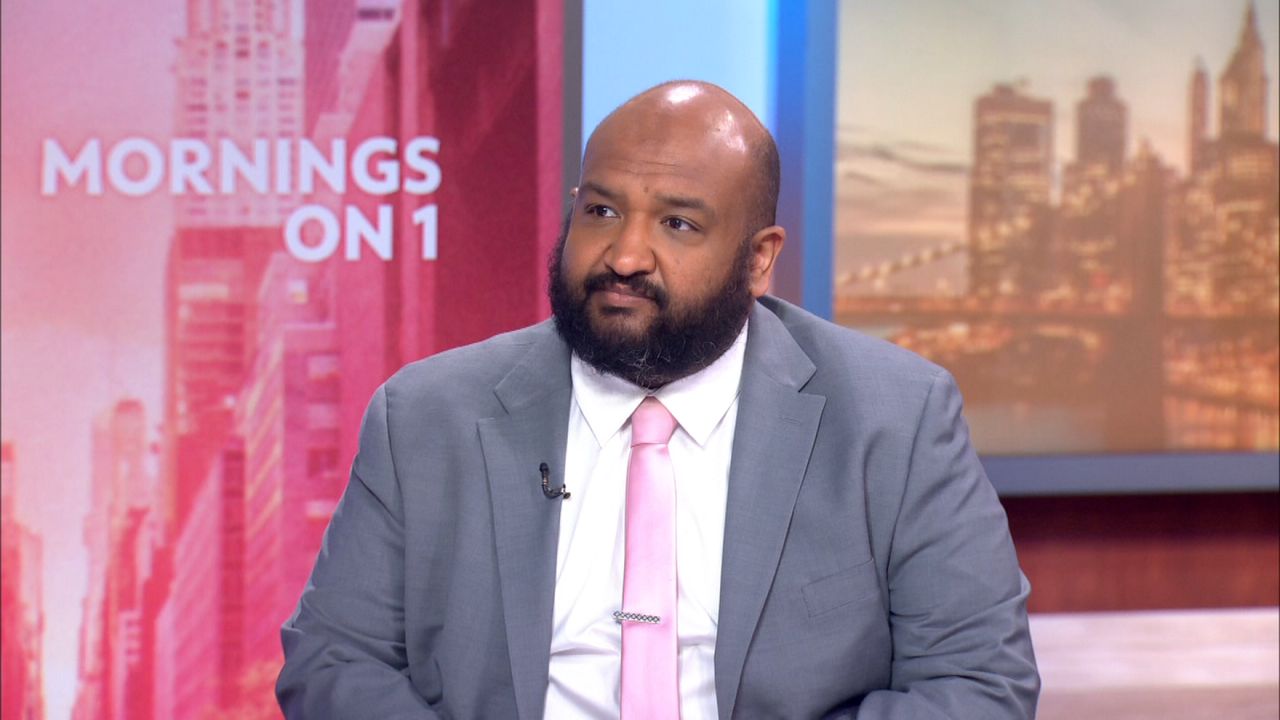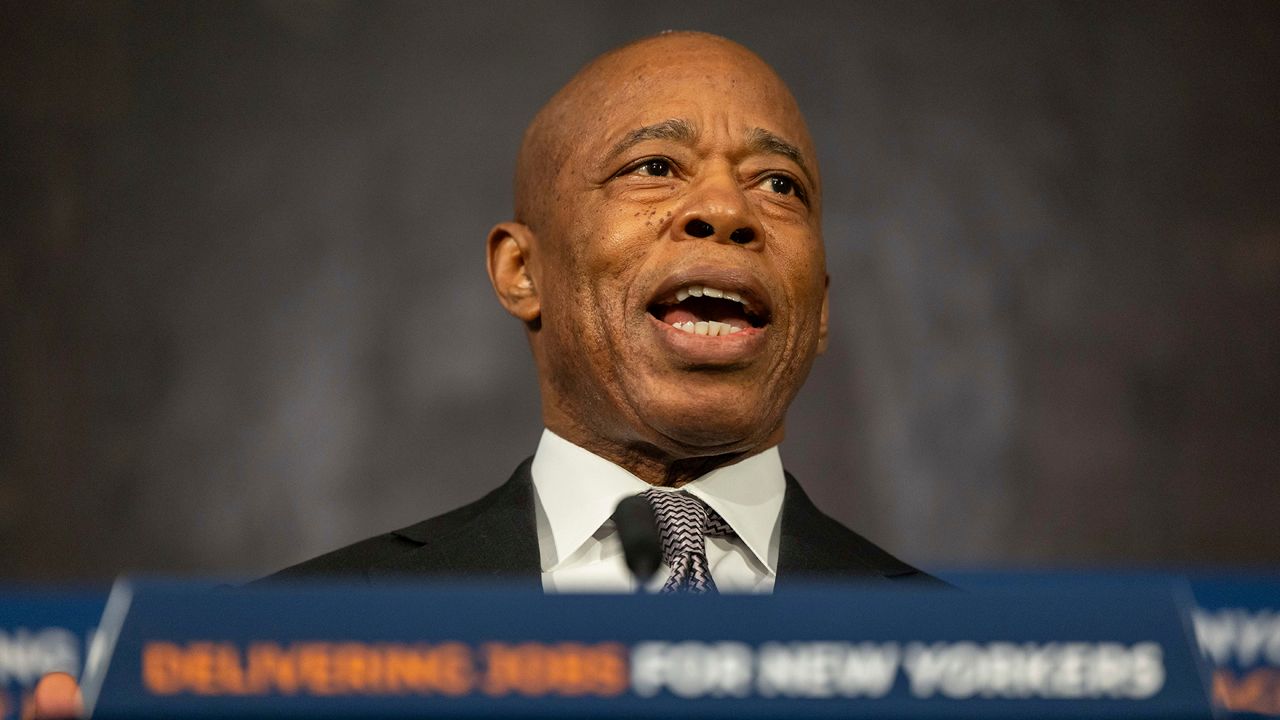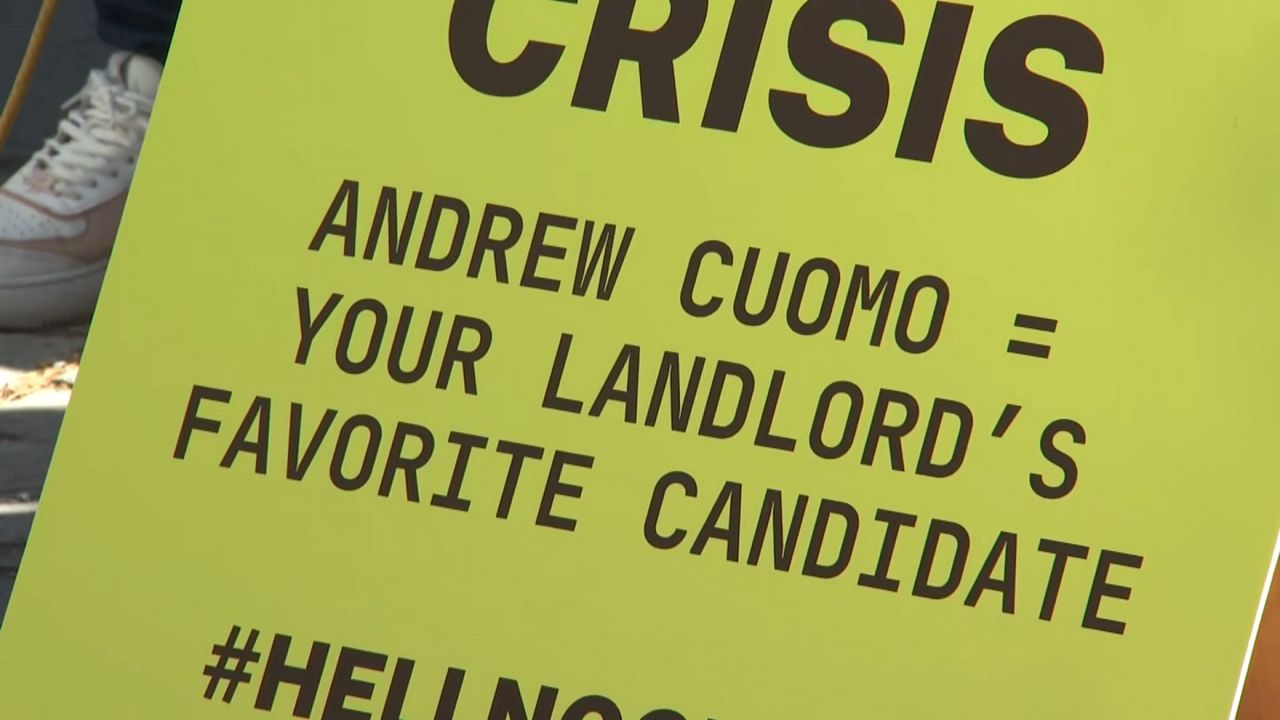A state Supreme Court judge has dismissed lawsuits Airbnb and three hosts filed against New York City over its new short-term rental rules.
In a ruling handed down Tuesday, Judge Arlene Bluth wrote that the rules imposed by Local Law 18 “are not so burdensome that the Court finds it necessary to restrict their implementation or modify them.”
“The fact is that nearly every commercial activity in the City of New York is accompanied by a set of rules,” Bluth wrote, noting that “even pedi-cab operators need a license.”
“As the regulations relate to Airbnb, they give Airbnb a very simple way to make sure it is no longer facilitating — and making money from — unlawful activity,” Bluth added in a second ruling. “All Airbnb has to do is properly verify potential listings.”
Airbnb and the hosts filed two separate suits against the city earlier this summer, claiming the law’s requirements, including a registration process for a short-term rental license, would effectively ban short-term rentals in the five boroughs.
The law went into effect in January. The city is set to begin issuing violations for infractions on Sept. 5.
In a statement provided to NY1 on Tuesday, Airbnb’s global policy director, Theo Yedinsky, called the rules “a blow to [the city’s] tourism economy and the thousands of New Yorkers and small businesses in the outer boroughs who rely on home sharing and tourism dollars to help make ends meet.”
“The city is sending a clear message to millions of potential visitors who will now have fewer accommodation options when they visit New York City: you are not welcome,” Yedinsky said.
In its lawsuit, Airbnb claimed that fewer than 10 short-term rentals had been approved under the new rules as of early May.
According to Airbnb, more than 80,000 guests have already booked stays starting on or after Sept. 5, including 10,000 guests with stays booked between Sept. 5 and Sept. 12.
Attorney Debbie Greenberger, who represents the three Airbnb hosts who sued the city, said in a statement that they are “disappointed in the Court's ruling and call on the City to allow hosts seeking to short term rent their own home the ability to do that in order to be able to afford to live in this increasingly unaffordable city.”
“We have heard time and again from the City that its laws are not intended to go after regular New Yorkers who invite Airbnb guests into their own homes to help make ends meet, yet that is what the City's rules do,” Greenberger said. “The city's rules go after regular New Yorkers instead of illegal hotel operators.”
City officials have said that the law aims to free up housing units for full-time residents and crack down on illegal renters. And supporters of the law have maintained that temporary guests create issues for neighbors.
NY1 has reached out to the city’s Law Department for comment.





_PKG_Hudson_Yards_Zoning_Hearing_CG)

